Learning Community Members
Meet our members
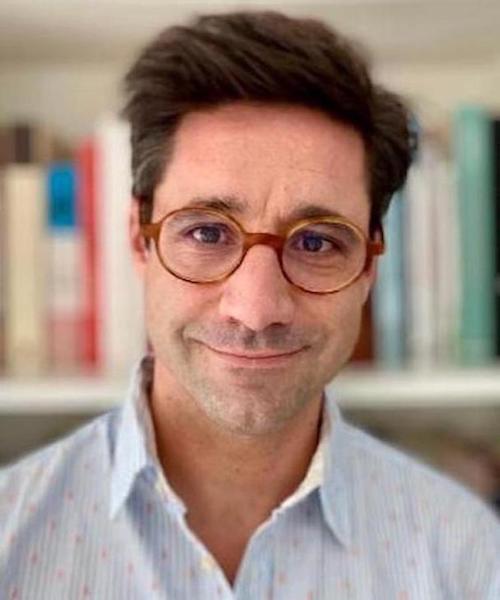
Dr Pierre Purseigle
Pierre Purseigle is Reader in Modern European History at the University ofWarwick and a Fellow of the Royal Historical Society. His teaching focusses on the comparative and transnational history of war and catastrophes. His work lies at the intersection of urban history and critical disaster studies. He has taught modern history and the methodology of history in France, the United Kingdom, and the USA.
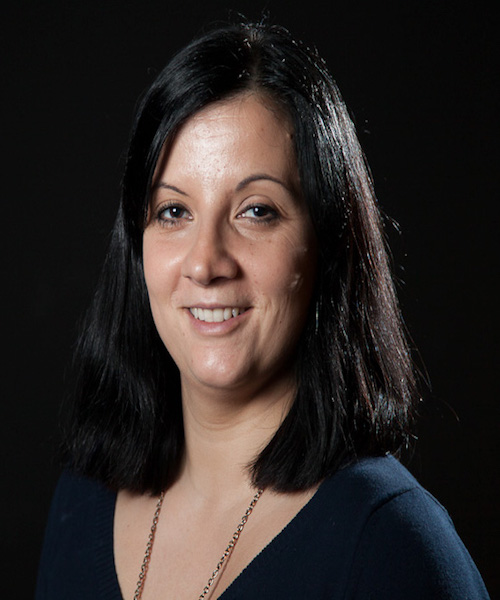
Dr Jelena Juvan
Assis. Prof. Jelena Juvan, PhD, is a lecturer at the Department of Defence Studies at the Faculty of Social Sciences, University of Ljubljana and a senior research assistant at the Defence Research Center of the Faculty of Social Sciences. In the pedagogical process, she is the holder of the courses in EU Security and Defence Policy and Professional Practice at the 2nd level of the Master's Degree in Defence Studies. She is also a co-lecturer in the courses on ‘Security in the Information Society’, ‘Defense and Security System’ and ‘Cyber Security’. Her research interests include crisis management, disaster management, cyber and information security, and European security. She is a Head of Chair of Defence Studies and a Head of Department of Politology at the Faculty of Social Sciences University of Ljubljana.
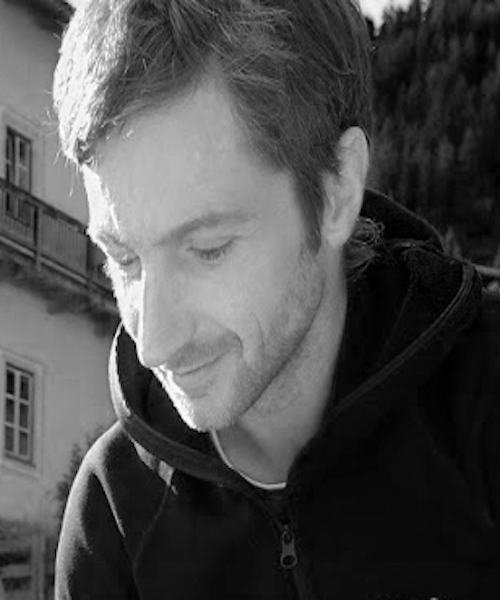
Dr Matevž Juvančič
Born in Ljubljana, Slovenia, Matevz Juvancic is an architect, a teacher and a researcher at the Faculty of Architecture, University of Ljubljana. His research work was initially focused on architectural education of the general public and public participation. In later years, he has become fascinated by anonymous, generic elements in urban environments as well as more distinct ones, studying their significance in space orientation, space use and spatial character. His main research focus has recently shifted towards spatial semantics, spatial character in connection with identity issues, and fundamental questions related to what makes places recognizable and identifiable, or put more simply: why they are as they are, why we recognize them as such and how they came to be. Research wise he is also involved in projects dealing with sustainability of neighbourhoods and districts as well as specific aspects of urban resilience. At the Faculty of Architecture, he is teaching at bachelor, master and doctoral level (main subject: Introduction to urbanism, Urban design studio 1,2 and 3 - bachelor level, Urban design studio 1 and 2 - master level, elective subjects: Space and media; Townscapes and interactive cities). A large proportion of his daily activities consist of Erasmus and other international exchange programmes management. He has been practicing architecture since 2002 and is a licensed architect.
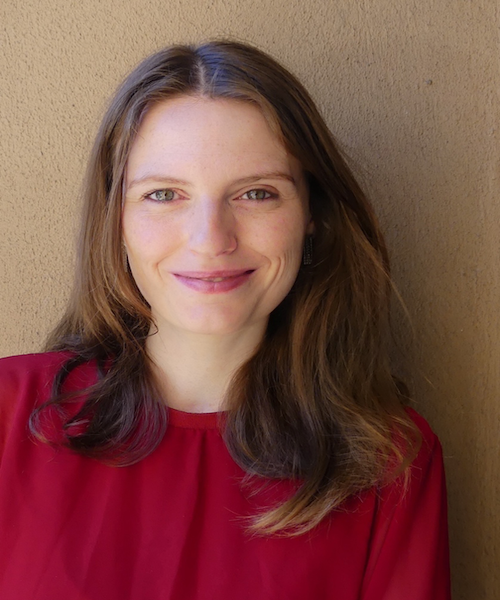
Professor Nel de Mûelenaere
Nel de Mûelenaere is a historian of 19th and 20th century Europe, and assistant professor at the Social and Cultural Food Studies (FOST) research group of the University of Brussels (VUB). In the fall of 2022, she holds the Peter Paul Rubens Chair at UC Berkeley. Her research focuses on the relation between humanitarian aid, food and gender during and after the First World War. One strand of her work examines the experiences and impact of female American relief workers in Belgium and France. Another looks at food and living standards of Belgian families during and after WWI and the development of home economics and nutritional science. She teaches methodological courses and a course on the history of warfare. Nel is the academic co-director of the Brussels Institute for Advanced Studies (BrIAS) and the chair of the research committee for the Faculty of Languages and the Humanities. In 2019, dr. de Mûelenaere was the BAEF Cabeaux-Jacobs postdoctoral fellow at Cornell University. There, her research on the Belgian relief work of American home economists Martha Van Rensselaer and Flora Rose in 1923 was rewarded with the Dean’s Fellowship in the History of Home Economics. She holds a PhD in political history (2016) from Antwerp University. Her dissertation explored forgotten militarization processes in Belgian society between 1890 and 1914, and was published by Leuven University Press in 2019. Dr. de Mûelenaere has previously worked as scientific coordinator for NISE - National movements and Intermediary Structures in Europe (2015-2018) and CegeSoma - the Centre for Historical Research and Documentation on War and Contemporary Society (2009-2010).
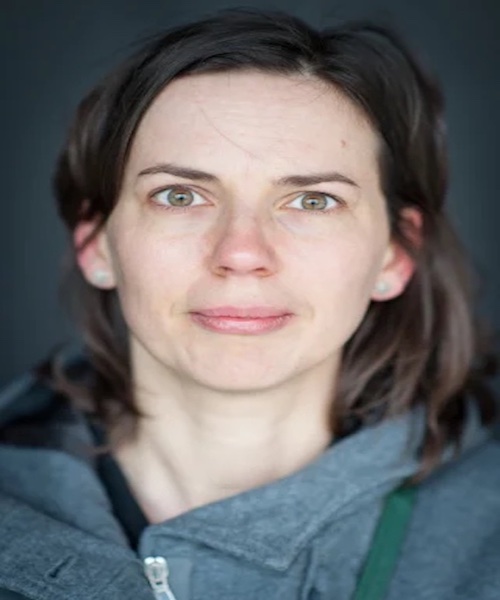
Prof. Anne Winter
Anne Winter is Professor of History and part of the research team Historical Research into Urban Transformation Processes (HOST) at Vrije Universiteit Brussel (VUB), of which she was director from 2011 to 2021. She was awarded the 6-yearly prize I. Vanderschueren for the best PhD in the Human Sciences by the Research Council of the VUB (2010), and the 3-yearly prize of the Flemish Scientific Foundation (2011) awarded by the Royal Flemish Academy of Belgium for Sciences and the Arts, and was Francqui Research Professor at the VUB from 2012-2015. She spent extended research stays at Somerville College (University of Oxford) and Ecole des Hautes Etudes en Sciences Sociales (Paris) and held the Van Dyck Chair at University of California - Los Angeles during Spring Term 2017. She was/is editor of TSEG – Low Countries Journal of Social and Economic History (2010-2016), BMGN – Low Countries Historical Review (2017-2019), and Journal of Migration History (since 2019).
Anne Winter's research deals with the social and economic history of the Low Countries in the early modern period and long nineteenth century in an internationally comparative perspective, with a focus on the interactions between migration, social policy, urbanization and labour relations. Her teaching includes introductory and specialized courses on early modern Europe as well as long-term perspectives on social and economic history and urban history.
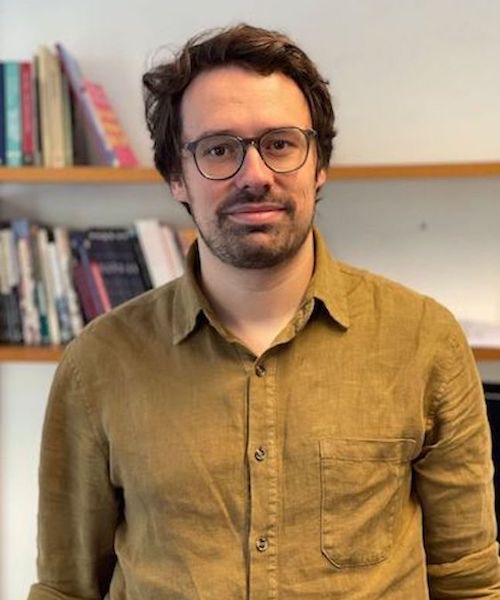
Daniel Woodward
Daniel Woodward is a MSc student at the University of Warwick, studying Social Inequalities and Research Methods. His research interests revolve around crises and the social consequences that arise from them, with a current focus on the social changes associated with responses to the global financial crisis. He previously completed a MSci in Biological Sciences at the University of Birmingham, before working for several organisations in the education and environmental sectors.
